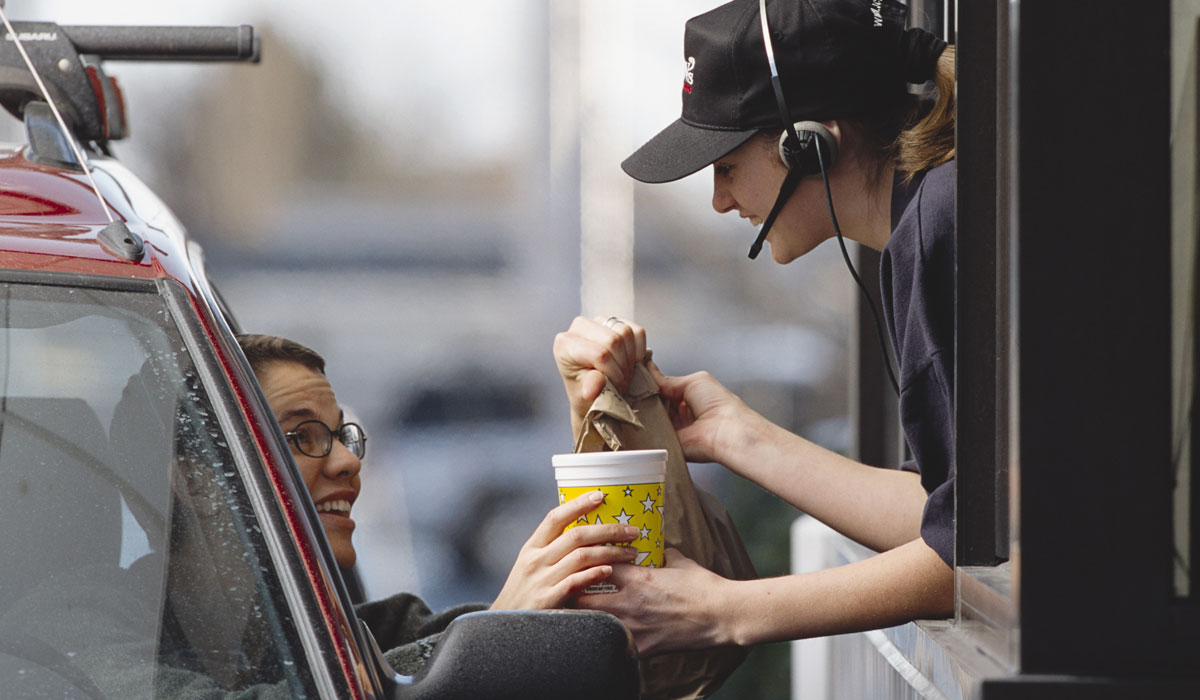In today’s convenience-driven world, the drive thru remains an essential part of many restaurants. However, developers in Minneapolis are going to have to rethink their concepts’ designs. On August 8, the Minneapolis City Council voted to ban the construction of new drive thrus.
The ban will not affect existing drive thrus and only applies to the construction of new ones. Before the full ban, the council had already prohibited drive-thru windows in all 21 zoning districts except for six, council member Lisa Goodman told Twin Cities Business magazine.
“We’ve already restricted drive thrus over the years in a number of ways, through pedestrian-oriented overlay districts and other tools,” council president Lisa Bender told MPRNews. “There’s a map included in the materials allowed today and it’s actually quite limited today, but this just says that we will not have any new drive thrus in the future.”
Local planners say Minneapolis is the first city of its size in the country to ban new drive-thru windows, The Associated Press reported. The ban was proposed last year by Bender in an effort to cut down on greenhouse gas emissions and vehicle noise levels and improve safety on sidewalks. It’s a part of the Minneapolis 2040 plan to help reduce the city’s greenhouse emissions 80 percent by 2050.
While the zoning change may help the health of the planet, in theory, it could hurt restaurant owners and operators down the road. Many major fast-food restaurants generate north of 70 percent of their sales through drive thrus, according to QSR’s Drive-Thru Study.
“This will likely shift competition and allow for some interesting (and unlikely) players to dominate Minneapolis if they are able to facilitate a superior ordering experience without a drive-thru,” Allyson Klineman, director of Restaurant Practice at Austin-based innovation agency, T3, told QSR in an email. “There will also be a natural tendency for the drive-thru preferred customer to spend a larger share of their wallet at locations who have been grandfathered in. The onus, then, will be on the restaurant to replace the drive-thru experience with something better.”
Klineman anticipates a rise in ghost kitchens and delivery to meet customer demand in a different way.
Restricting drive thrus also restricts access to customers with disabilities, some pundits have argued.
“Drive thrus are very important for many people with mobility issues and seniors,” Margot Imdieke Cross, a member of the Minneapolis Advisory Committee on People with Disabilities, told The Minneapolis Star Tribune. “The city of Minneapolis has to recognize that there are different groups in this community. We have different concerns and we all need to be represented.”
The ban will not affect drive-thru proposals that had been submitted before the ordinance passed, MPRNews reported.













